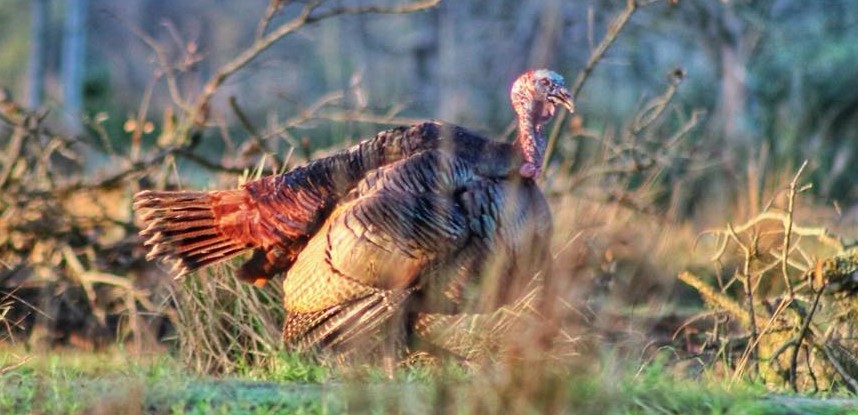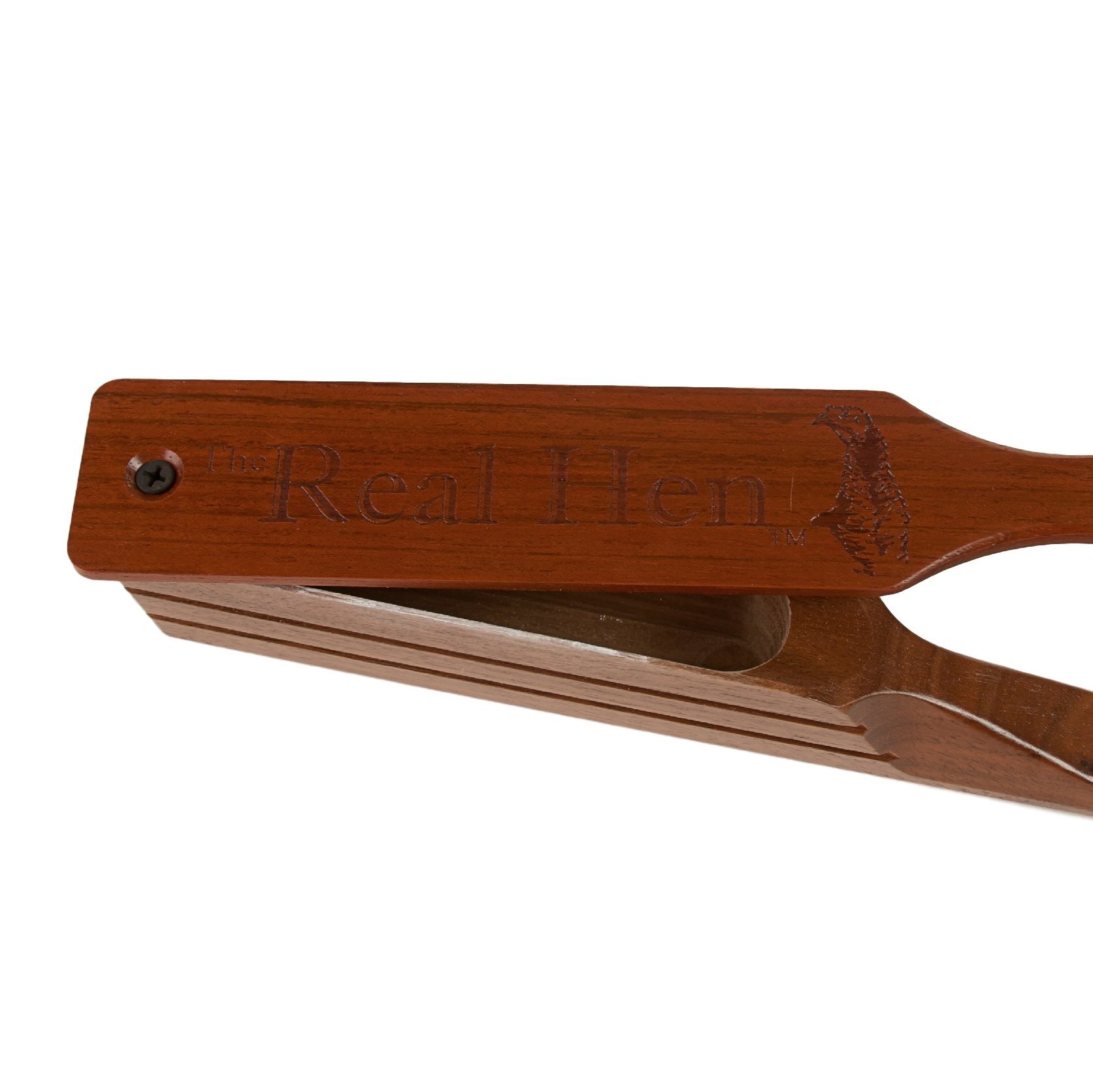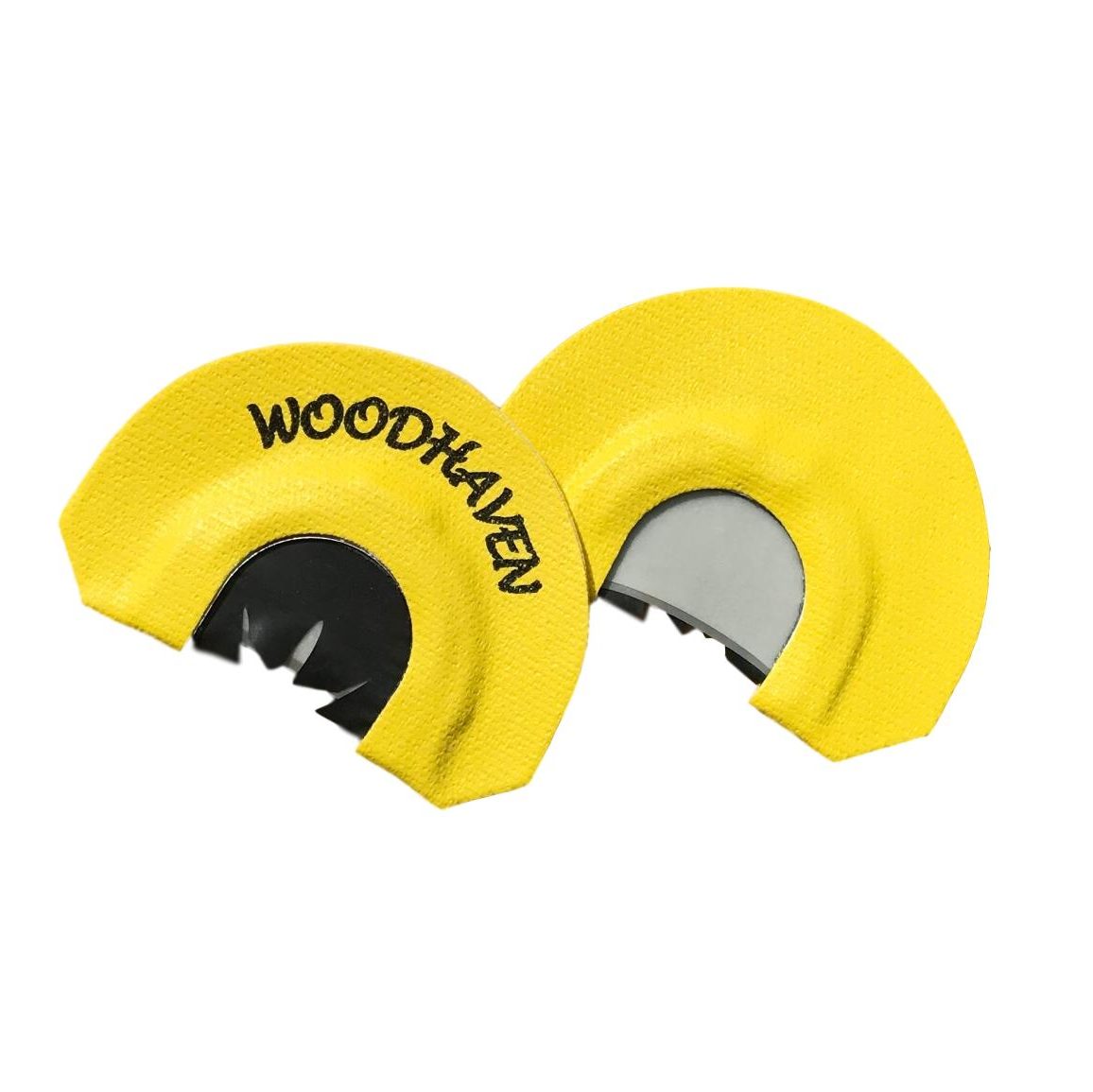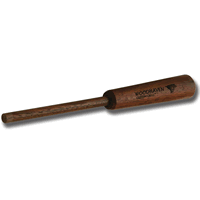
A windy day is frustrating for a spring hunter by making a gobbler is so much harder to hear. It is tougher to call in a spring longbeard when dealing with high winds. You can increase your odds by trying these things:
1) Have more patience! It will help you kill more turkeys, no matter the conditions. If you can’t hear them as well in windy conditions, a gobbler has a much harder time too. You have to approach each setup at a much slower pace. When you call and an Ol’ Longbeard answers you in the wind, he is close!
2) Blind calling is a deadly tactic in windy conditions! What do we mean by blind calling? Blind calling is simply going where you see turkey sign on a regular basis and spending an hour or longer calling in one location. Locate an area down in a bottom, or creek, out of the wind, as best you can. Setting up and calling before the gobbler arrives, gives you a much better chance of not spooking it.
3) Friction calls are key in windy conditions! “Why?”, you ask. Because you have the ability to call much louder on, say, a pot call or box call, than you do with a mouth call. A loud call is necessary, but don’t get carried away thinking you need a super loud call every sequence. Always start softer and then build up the volume. If a gobbler has snuck in close, you don’t want to run the risk of spooking him with very loud calling.
4) Another deadly strategy is locating birds at a distance by glassing with binoculars. Anytime you can get a visual before trying to set up, it definitely gives the hunter much better the odds. Once they’re located, you can formulate a game plan!
No doubt windy conditions make it tough on a turkey hunter! Although success can still be achieved by slowing down and hunting smart. Calculate each move and setup always expecting turkeys to be close by. Windy conditions are not fun, but when you battle the elements and achieve success — well it’s all worth it!
Good Luck!



 Box Calls
Box Calls Mouth Calls
Mouth Calls Friction Calls
Friction Calls Custom Strikers
Custom Strikers